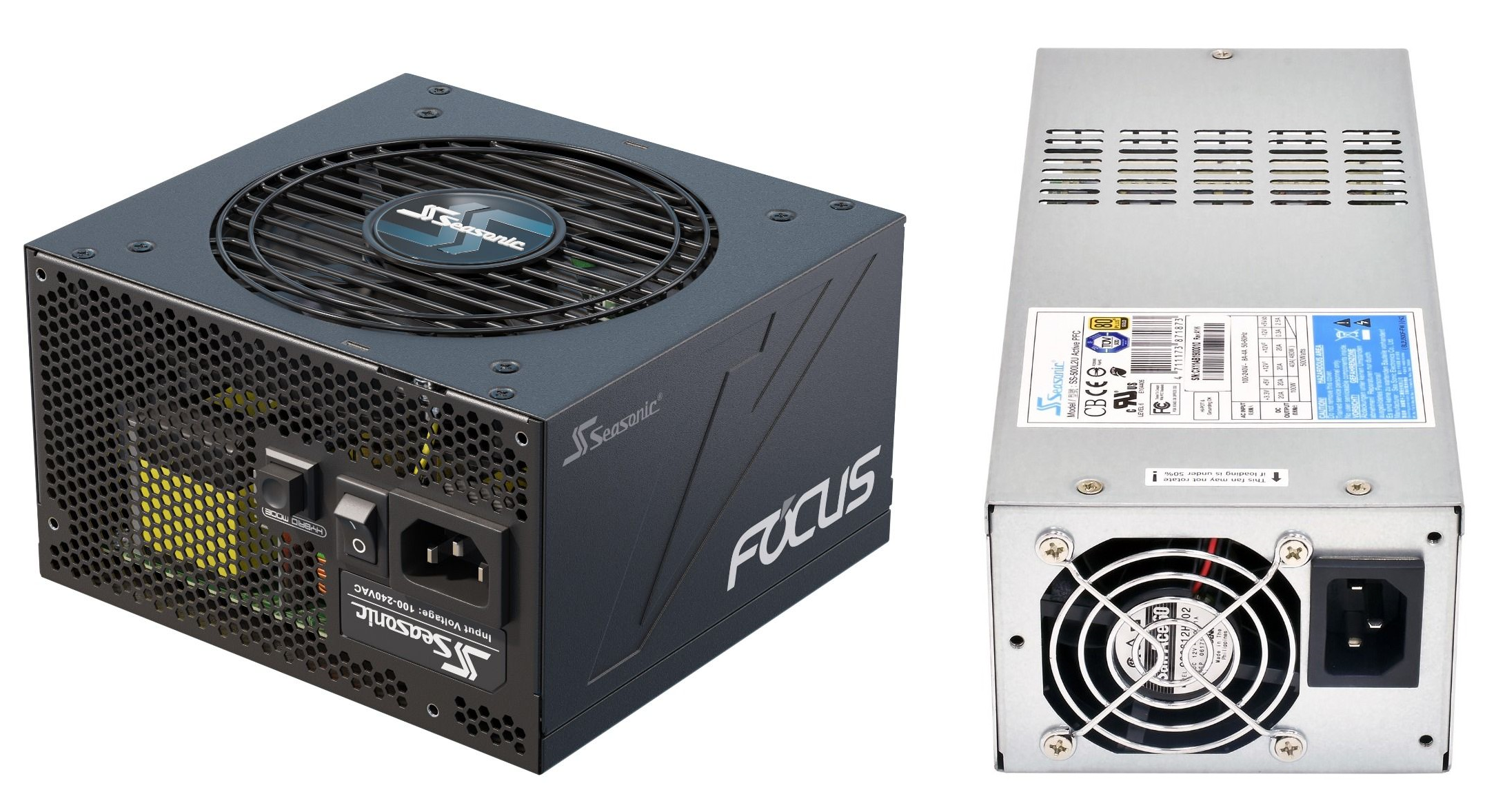When putting together a computer many people do not put much thought into the power supply. Looking for the cheapest option can lead to issues down the road. While not the flashiest of components, the power supply tends to be one of the most important. Choosing the right type of power supply can not only power the unit you are building now but also the one after that as well.
Form Factors
There are a two different form factors with power supplies:
- ATX: This is the most common form factor found in either 1U, 2U or larger rackmount chassis. This is what is most likely powering the computer you are at right now. The ATX standard specifies that the height and width of the PSU need to be 86mm x 150mm. However, the depth could be almost any size, with larger wattage units being deeper. When building a PC, keep this in mind when trying to make things fit.
- SFX: This stands for Small Form Factor and they are for smaller cases where you do not have a lot of room. SFX generally have lower wattage than ATX and are more expensive
Variants
With these different form factors come three different variants with cabling. Differences in need and aesthetics come into play here.
- Non-Modular: All the cables are physically attached to the power supply and are non-removable. This is the standard, but cable maintenance can be an issue.
- Modular: Allows you full flexibility. All cables can be removed from the power supply, which allows for clean cabling. These PSU models tend to be much more expensive than other types.
- Semi- Modular: The best of both worlds. Main cables are physically attached and the rest are socketed, modular cables that are removable so you can use only the ones that you need.
Things to look for
Now that we have discussed the different form factors and variants of power supplies, what should you be looking for in your system?
- Wattage: Bigger does not always mean better. In fact, going way overboard on wattage can lead to you spending too much on your system. Always keep in mind that most computers do not run full capacity at all times. Knowing your power consumption is beneficial. Online PSU calculators can help here. Once you have an idea of what wattage you are using, aim for a power supply with a slightly higher number to support future upgrades.
- Efficiency ratings: While initially more expensive, PSUs with the “80 Plus” certification tend to have more effective components, consume less energy, and produce less heat, which will save you on monthly energy bills.
Choosing the right hardware can be difficult. We here at General Technics have are always here to answer any questions you may have.

